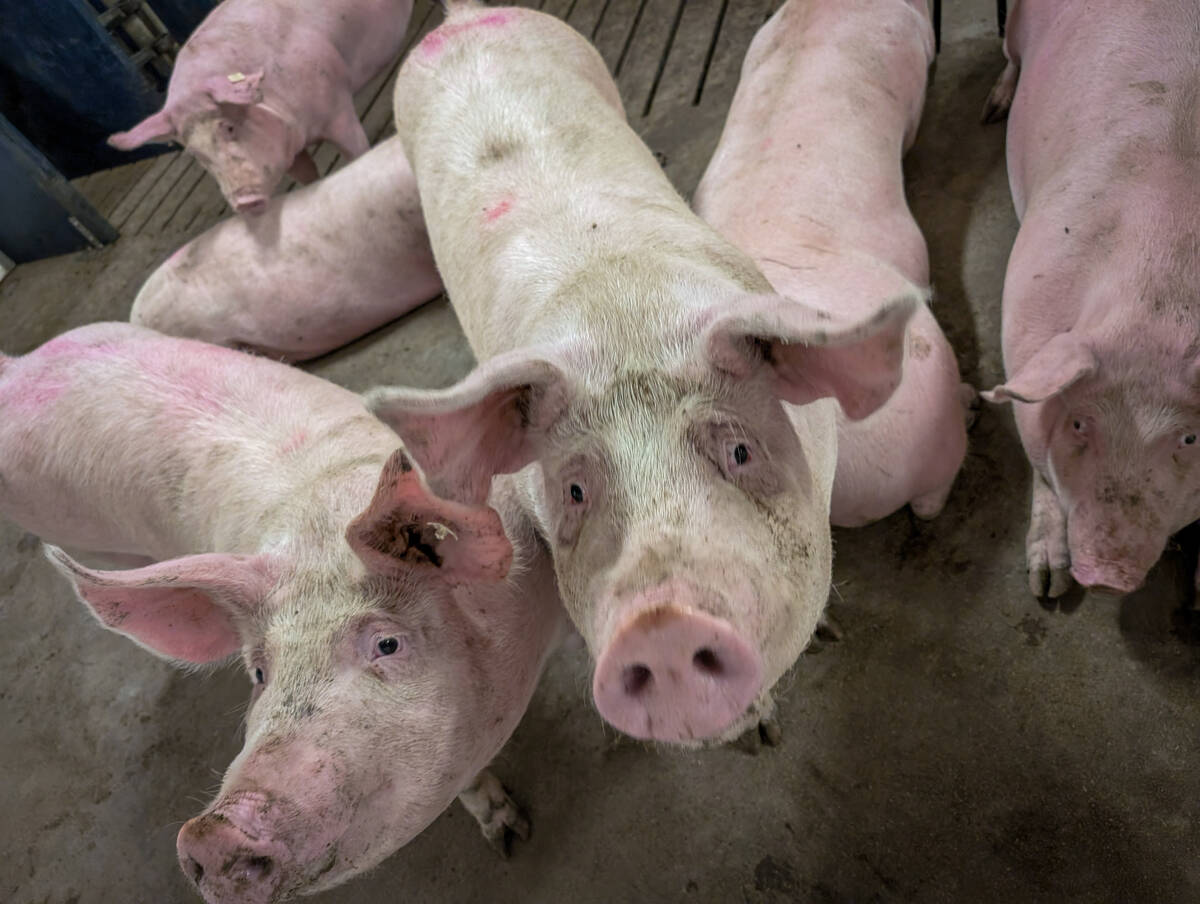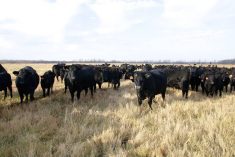When it comes to cattle health, welfare and productivity, producers must make sure they are getting accurate information from reliable sources and be open to new ideas.
Animal health professionals and progressive producers are great places to start.
The internet contains a lot of information, but producers must be selective.
In Western Canada, there are many information sources associated with the Canadian Cattlemen’s Association or its provincial counterparts such as the Alberta Beef Producers.
Read Also

Pork sector targets sustainability
Manitoba Pork has a new guiding document, entitled Building a Sustainable Future, outlining its sustainability goals for the years to come.
These organizations offer webinars and have tools to help producers improve.
Government agricultural agencies used to fill that role but they have gotten so lean that their coverage is spotty at best.
It is funny how old habits are hard to break. Here are a few habits that do producers no good and yet are still continually done.
- Hanging a calf after it is born is a no-no. The Beef Cattle Research Council has a great video on proper calf resuscitation.
- More is not better when it comes to antibiotics. All the products have been developed and the drug tested at that dosage. You are wasting product and creating drug residues if you use more than the label dose.
- When handling animals, a prod should rarely be used. Using it on more than five percent of animals is high and should prompt changes in handling facilities. Producers should always look at ways to improve handling because better handling decreases incidents of sickness and injuries.
Here are some things that should be done:
- Spend time training people in low-stress handling methods. I never would have a prod readily available. It is for use only in rare situations.
- Reach out to cattle organizations and breed associations because they are leaders in cattle production and have people that can help you with a specific program.
- Be receptive to new advancements offered by the pharmaceutical industry. If a product is convenient to administer and has merit, and price is within reason, it will be adopted by progressive cattle producers. The pharmaceutical industry wants long-term relationships with veterinarians and producers.
- Make use of tele-veterinary medicine if needed. It may help you. By sending videos or images to a veterinarian, you may be able to get a recommendation. However, it must be the same veterinarian that does your herd work or has a relationship with you. This can be done easily and accurately, and there can be follow-up. Cost should also be less than a personal visit.
- I have found it is difficult to change our selection of what antibiotics to use in specific circumstances so with the changes to how antimicrobials are purchased it will help to develop standard operating procedures for your farm on what drug to use for what circumstances, in consultations with a vet.
- To find out about a specific cattle production or health topic, check out the BCRC website. There is a list of pre-recorded topics to choose from. Also, there are good videos in production.
Doing a Google search for livestock information may work, but make sure the source is credible and somewhat local. You sometimes find articles from other countries and they may use products we can’t get in Canada or aren’t approved.
Here’s to a good calving season everyone. If you’re having problems remember to reach out because help may be just an email or text or phone call away.
Roy Lewis works as a veterinarian in Alberta.















